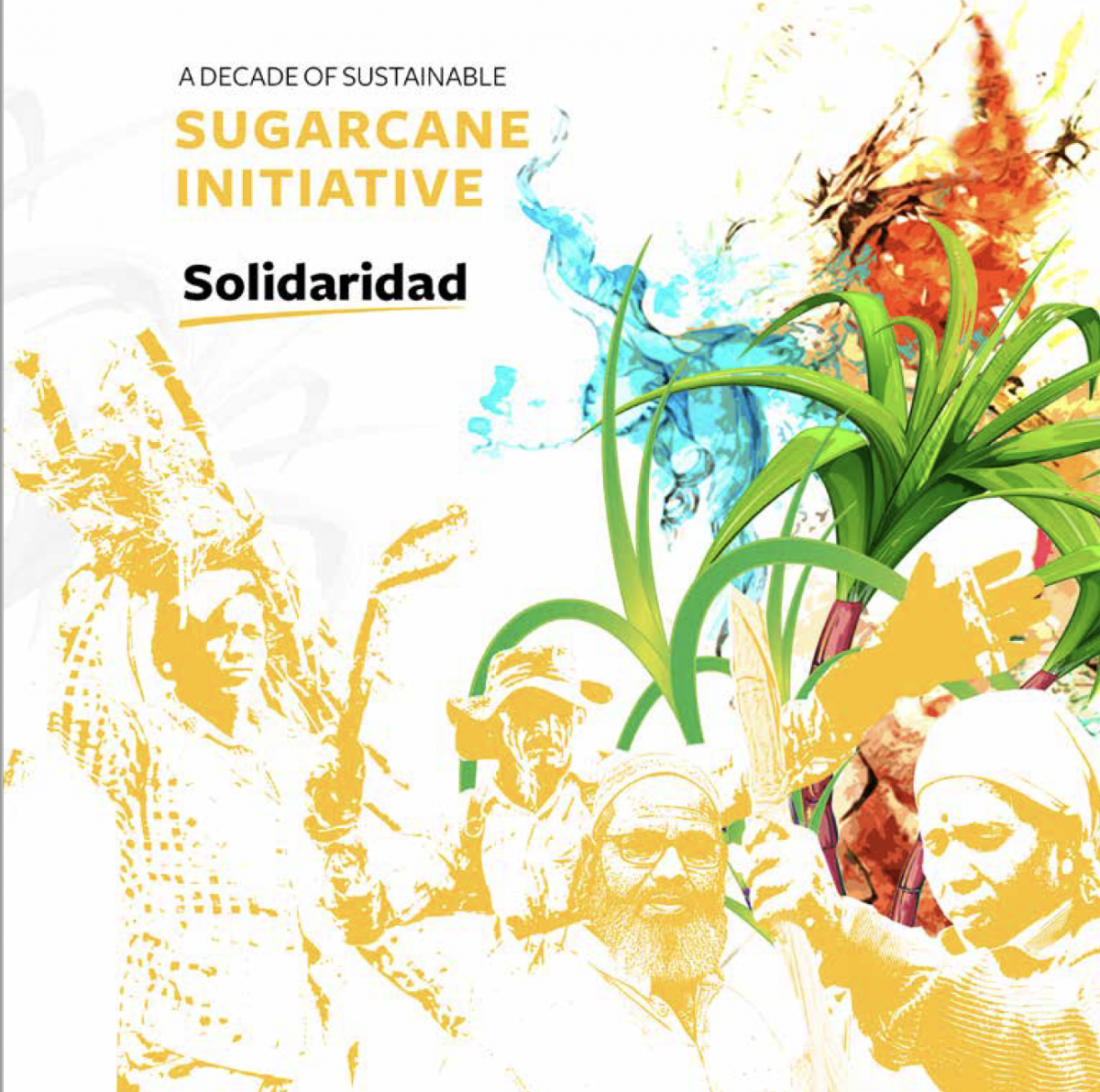 Sugarcane covers around 26.3 million hectares of land worldwide, with a dozen countries using at least 25 percent of their farmland to grow it. Brazil and India are the world’s biggest sugarcane producers, accounting for 56 percent of all sugarcane produced in the world. The majority of the sugar farmers are smallholders, and globally, sugarcane industry is one of the biggest employment providers.
Sugarcane covers around 26.3 million hectares of land worldwide, with a dozen countries using at least 25 percent of their farmland to grow it. Brazil and India are the world’s biggest sugarcane producers, accounting for 56 percent of all sugarcane produced in the world. The majority of the sugar farmers are smallholders, and globally, sugarcane industry is one of the biggest employment providers.
However, sugarcane production also faces significant sustainability challenges. The biggest problem is related to water use for sugarcane production. It requires 1,671 litres of water to produce 1 kg sugar (Weighted Global Average), and more than half of the sugarcane farming is through irrigation. There are other challenges like changes in land use, deforestation, degradation of soil and environment approaching a tipping point and threatening sustainable farming.
Solidaridad’s sustainable sugarcane programme was one of the largest in the world, spanning four continents and supporting hundreds of thousands of sugarcane farmers. Businesses, governments and nongovernmental organizations did not have a history of working together in the conservative sugarcane sector; Solidaridad’s solution-oriented programmes have created such win-win partnerships, that today it has become a norm in the industry. – Shatadru Chattopadhayay, Managing Director Solidaridad Asia
Solidaridad was also one of the co-founders of the certification scheme-Bonsucro, introduced tools such as the Indian Sugar Smallholder Sustainability Framework (I3SF), which supports traceable digital supply chains for sugar and launched some of the most extensive programmes on demand-side water conservation and introduced many state-of-the-art Dutch and Israeli technologies for water-efficient sugarcane farming.
As we move forward, Solidaridad sincerely believes that progressive sugarcane farmers can meet the increasing demand for sugar through sustainable agricultural practices. However, they would need support – the sustainable growth of the sugarcane industry requires extensive collaboration between farmers, mills, end-user companies and the civil society actors. This publication – featuring our decade-long learning in the sugar industry – provides food for thought for industry stakeholders to chalk out the next generation of sustainable development in the sector.
While the publication is primarily aimed at stakeholders in the sugar industry, donors, policymakers, and investors, also consumers and scholars may find it interesting.
